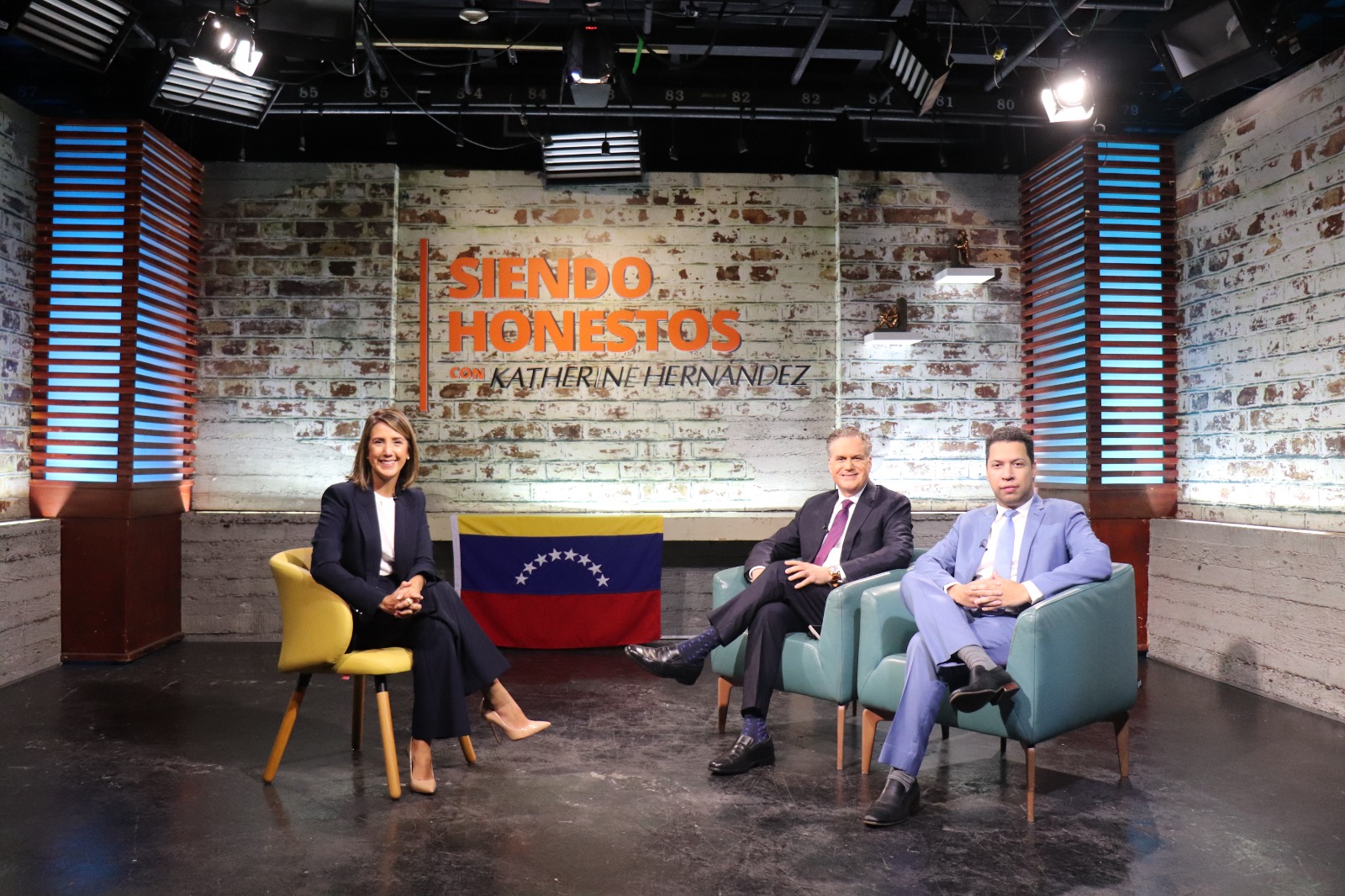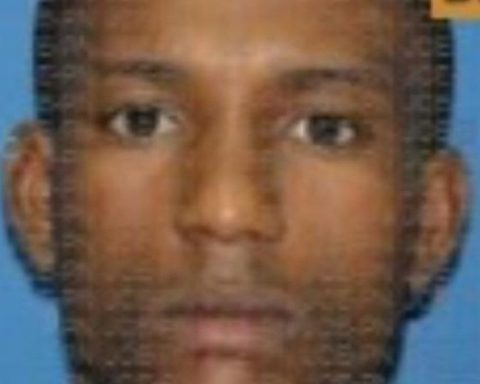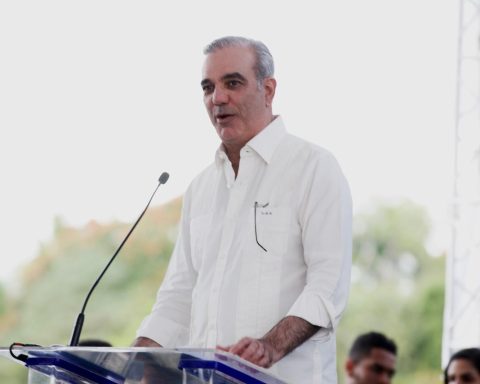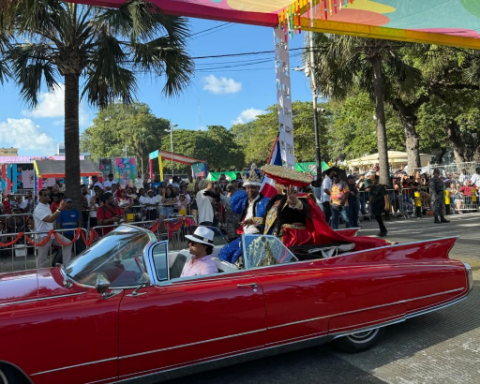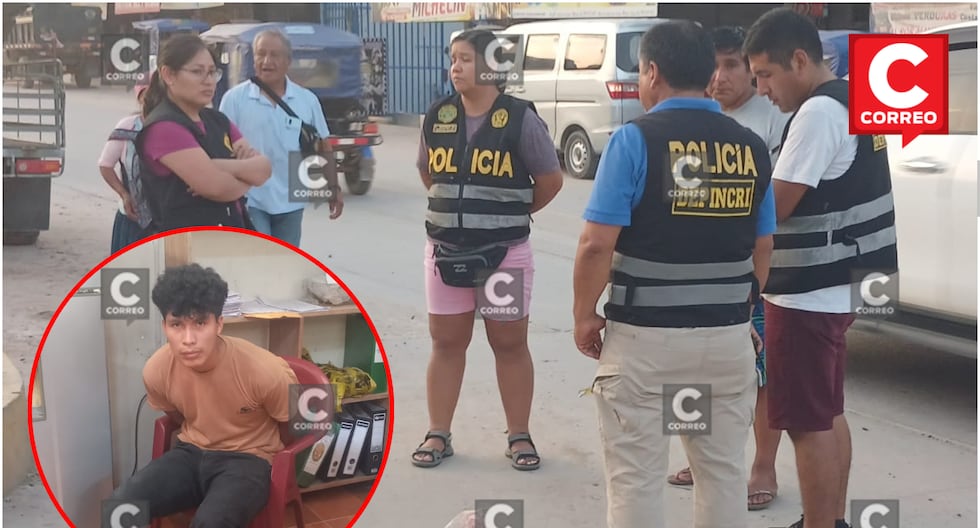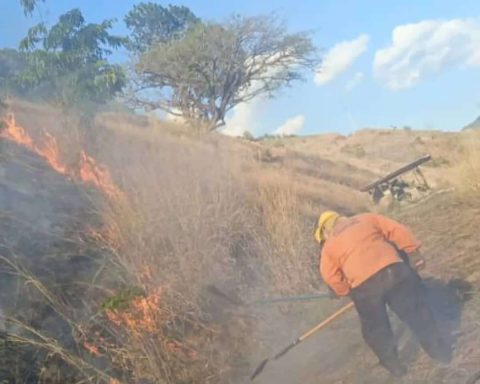Analysts and political relations specialists Jatzel Román and Nelson Espinal Báez said that after the presidential elections that took place in Venezuela on July 28, this nation will not do the same again, they believe that change in Venezuela is inevitable.
“In Venezuela, the transition has begun because many conditions are already in place, including the weariness of the Venezuelan people, who are tired and exhausted by this impoverishing regime, which destroys prosperity, peace and the well-being of Venezuelans,” said Nelson Espinal.
Another point that speaks of the change in this South American country is the diagnosis made by international electoral observers such as the Carter Center, which stated that the elections in Venezuela were not democratic, explained the experts in the interview conducted by journalist Katherine Hernández in her program “Siendo Honestos”, which is broadcast on Sundays at 10 pm on CDN channel 37.
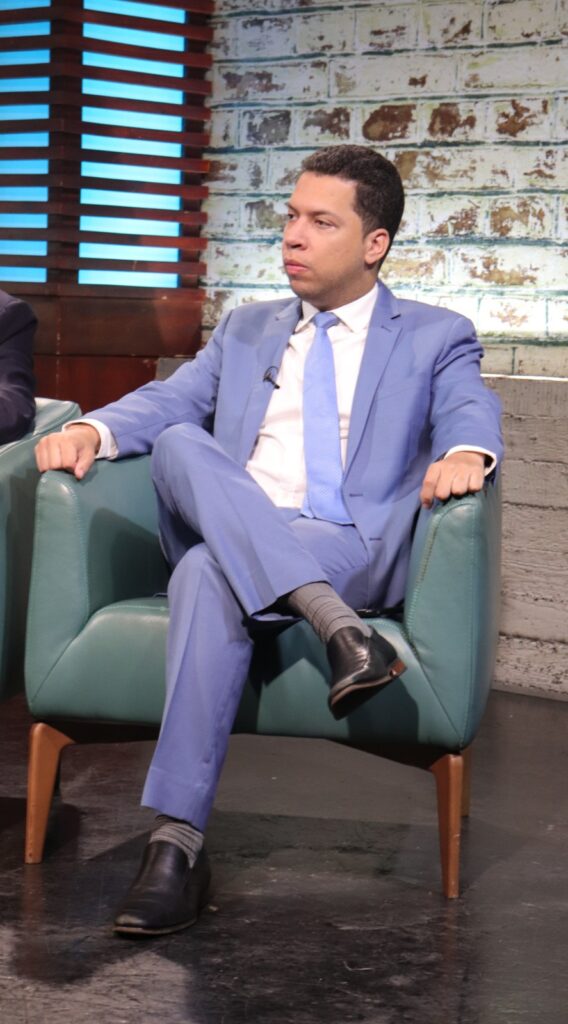
During the conversation, Jatzel Román stated that, “there was no observation because they talk about 603 accredited people, but 98% of these were political accomplices of the regime, such as: the Sao Paulo Forum, the Puebla Group, the Alba and others. Only the Carter Center had the approval to issue opinions based on technical matters, which is why it ended up backfiring, because they thought that the Carter Center was going to act timid and finally ended up saying that these were elections without integrity and were not democratic.”
Three mistakes by Leonel Fernandez as an observer of the Venezuelan elections
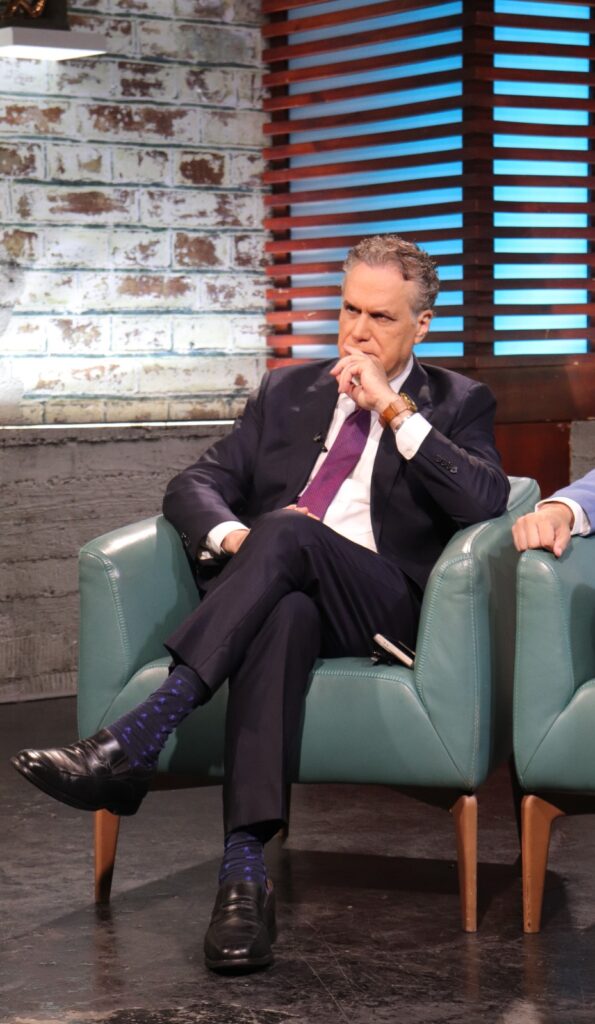

Analyzing the role of the three-time president of the Dominican Republic, Nelson Espinal stated that if he, as a political advisor, had been advising Fernández, he would have told him not to go to the invitation made to him by the National Electoral Council of Venezuela.
In this regard, Espinal detailed three of the mistakes that he believes Leonel Fernández made during his presence in Venezuela in these elections, “for me it was a trap for him, I don’t know why it was and I’m not going to enter into speculation,” he said.
He added that another mistake that Fernández made as an observer was, “when he arrived and made those statements at the beginning, that it had been a peaceful electoral campaign, those statements were unnecessary, because it was not a peaceful campaign when María Corina herself was disqualified, when they could not campaign; for many, those statements took away the moral authority of the former president,” said Espinal Báez.
Thirdly, this lawyer and political advisor stressed that he would also have recommended that he not rush to give an opinion, “but rather wait for the Carter Center report, which would be more comprehensive.”
However, both experts considered that Fernández’s participation was positive because he met on several occasions with the opposition leader, Edmundo Gonzalez Urrutia, and finally issued a statement in which he called for peace and showed the minutes that would support the result shown by the CNE.
Importance of the opinion of the Cartel Center
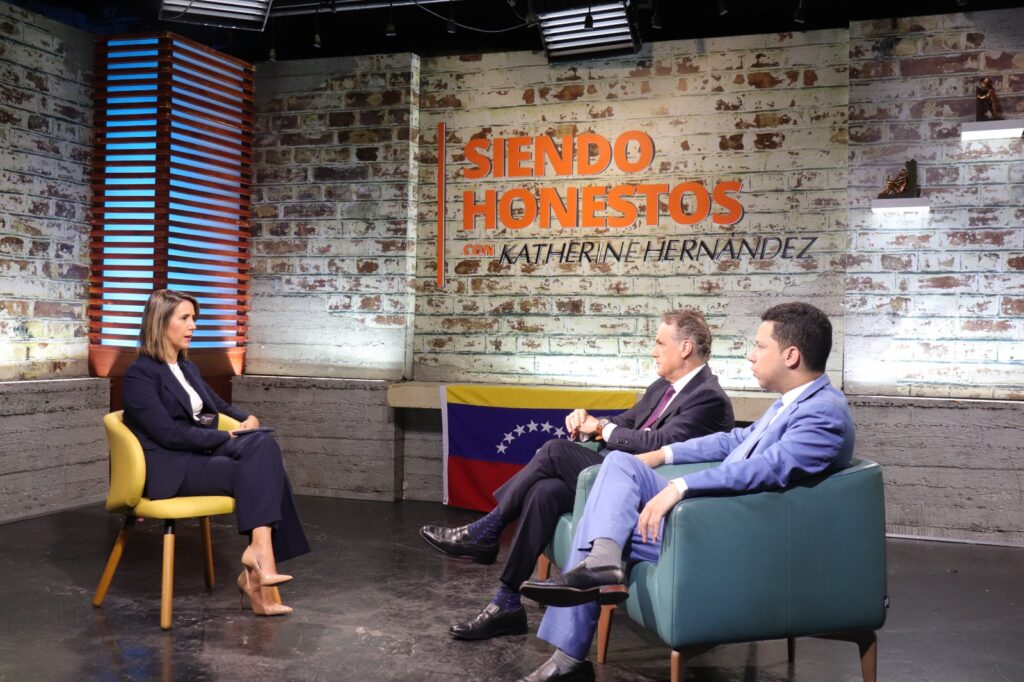

During the conversation with journalist Katherine Hernández, university professor Nelson Espinal congratulated the Cartel Center for providing a demonstration of professional, impartial, and detailed oversight of the events in Venezuela, explaining in depth what happened.
“The Carter Center has issued a report that speaks clearly about everything that happened, they speak clearly about all the errors, all the traps, all the unholy processes that took place in Venezuela,” Espinal explained.
It is necessary to highlight that the Carter Center has authority in this South American nation, Espinal said, saying that it has a deep relationship with Venezuela, recalling that in 2002, during the Round Table of Discussion of the Caracas Agreement, this entity together with the Organization of American States (OAS) was the one that coordinated and put on the table an option of mutual benefit, which resulted in the famous referendum, which culminated in an electoral process; of which this entity was an observer.
For his part, Jatzel Román added that after the results of the Discussion Table of the Caracas Agreement in 2002-2004, even 20 years later, it was common to hear Chavismo say: “our system is endorsed by the Carter Center.”
“With this opinion offered by the Carter Center, one of the main supports of Chavez’s political propaganda is falling,” said Román.
Who controls Venezuela?
Similarly, in the program “Siendo Honestos” Espinal Báez pointed out that Venezuela’s political transition is linked to four large nations that are the ones that actually control this country. He explained, “one of them is Iran, which has more than a million hectares for secret projects, the Iranian guard and army are involved in this nation with strategic and military collaboration.”
Another control is held by Russia, which controls the air system, through the oil giant Rosneft, with which it has made a series of loans to Venezuela. There is also China, which is Venezuela’s main creditor, which in the last 10 years has lent this South American nation more than 10 billion dollars. He clarified that, “the Chinese do not charge in cash but in crude oil. He added, “the most nefarious control of all is Cuba, which controls all intelligence, counterintelligence and internal repression,” he said.
“These four nations have extraordinary importance in terms of geopolitics and influence in decision-making processes. With these big players, with Venezuela’s immense oil and mining reserves, they are a power because they have a lot of control,” said Espinal Báez about the influential nations in the Bolivarian Republic.
